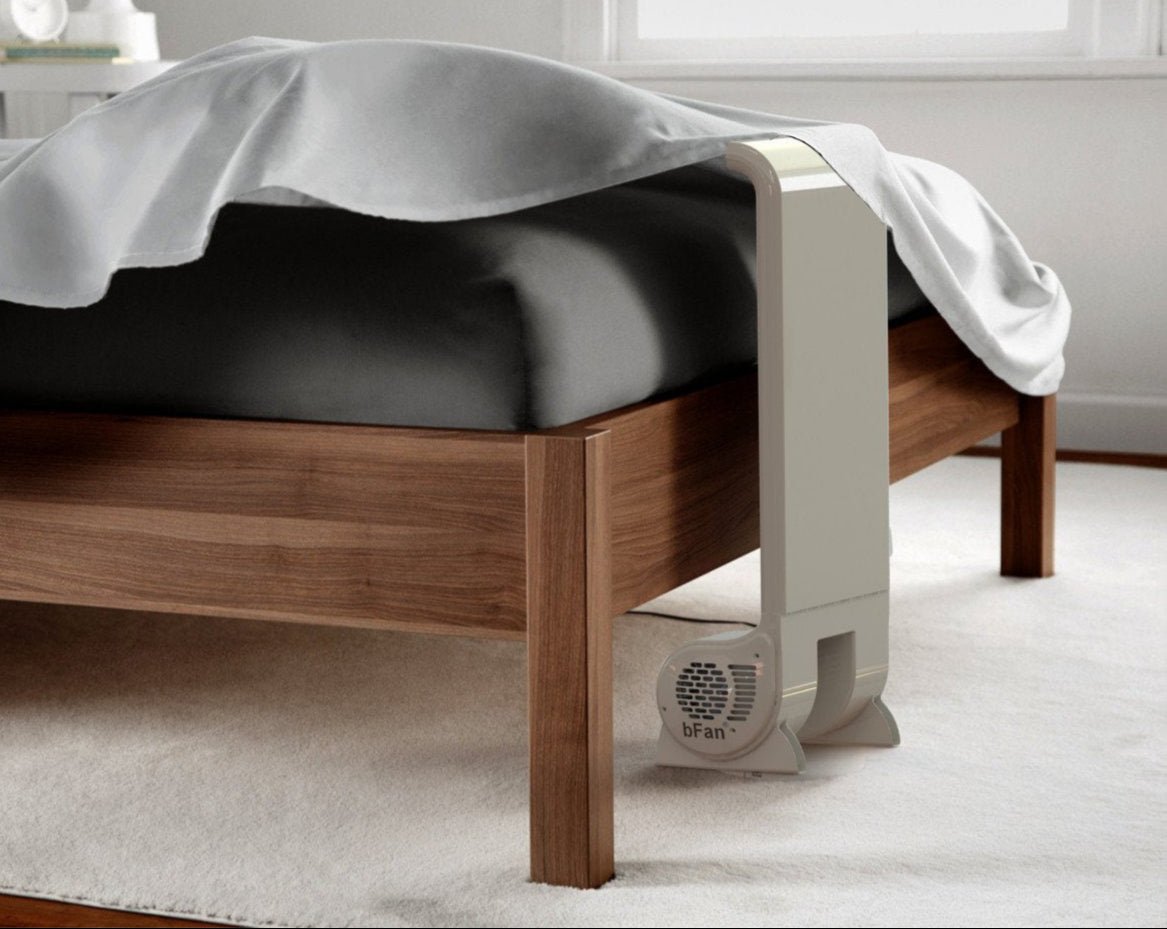Melatonin and Sleep
by Hannah Tompkins
Melatonin is generally called “the sleep hormone,” and anyone who has had issues winding down at night is likely familiar with it. Many people take synthetic melatonin as a supplement at night to help them wind down and get a good night of sleep. Of course, being a hormone, melatonin is naturally produced by the body. Melatonin production is linked to the circadian rhythm, with more being produced after dark, in order to help the body sleep at the proper times.
Research in recent years has shown that synthetic melatonin can help people get better sleep in multiple different situations. Troubled sleepers can benefit greatly from taking, as can night owls who need to get to bed at an unusually early time. Even people who wake up too early in the morning can take melatonin to help them sleep until a decent time. Studies done over short amounts of time have found that melatonin supplements help people fall asleep faster and have better sleep efficiency. Sleep efficiency is the amount of time spent in bed compared to the amount of time you actually spend sleeping. (VeryWell Health)
Melatonin supplements have also been found to be helpful for people who are neurodivergent. Children who have ADHD experience better sleep while taking melatonin. Many people with autism have a hard time producing the proper amount of melatonin and studies have shown that supplements help them fall asleep sooner. Better sleep has also been found to improve functioning during the day.
One of the most impressive facets of melatonin supplements is the lack of severe side effects. There are a handful of minor reported side effects, such as dizziness, nausea, and drowsiness. These are very minor side effects in comparison to the ones commonly associated with prescription or over-the-counter sleeping medications. The large majority of people who use sleeping medications report feeling as though they are hungover the next day. Melatonin supplement side effects include gastrointestinal issues such as constipation, diarrhea, gas, heartburn, and nausea. Your body can also become dependent on sleeping pills and after quitting, rebound insomnia can occur.
When deciding whether or not one should take melatonin, any present health concerns should be taken into consideration and a doctor should be consulted. Melatonin can interact with high blood pressure medications, immune system suppressants such as cyclosporine, and herbs such as valerian, kava kava, and St. John’s wort. Melatonin is also not suggested for children to take due to some concern that it may affect gonadal development. Women who are pregnant or trying to get pregnant should also avoid taking melatonin as it may inhibit ovulation to an extent. Men taking melatonin have also reported increased breast size and reduced sperm count.
Share

